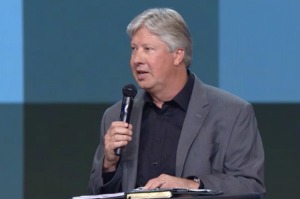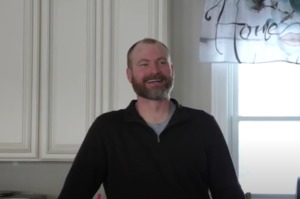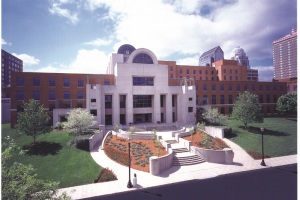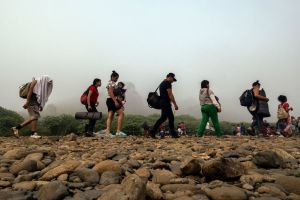Boko Haram kills at least 60, including 4-y-o girl, in northeast Nigeria
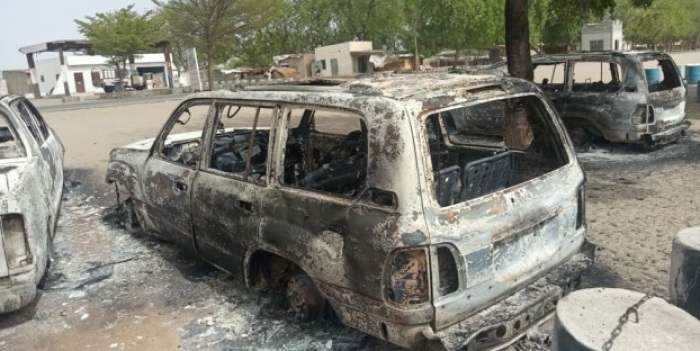
At least 20 soldiers and 40 civilians, including a 4-year-old girl, were killed in two attacks claimed by a Boko Haram faction last Saturday as the trend of extremist violence in northeast Nigeria continues.
On Sunday, United Nations Humanitarian Coordinator in Nigeria Edward Kallon condemned attacks in the Monguno and Nganzai local government areas in Borno state in which many civilians were killed and a humanitarian aid facility was damaged by “non-state armed groups.”
“I am deeply saddened by the news that many civilians, including an innocent child, lost their lives in these horrific attacks,” Kallon said in a statement. “My deepest condolences go to their families. Those who were injured are also in my thoughts and I wish them a speedy recovery.”
Two residents and an unnamed Civilian Joint Tasks Force fighter told Reuters that militants entered Nganzai around the same time on Saturday morning in pickup trucks and motorcycles before killing over 40 residents.
Meanwhile, two unnamed humanitarian workers and three residents of the area told the news agency that militants armed with heavy weaponry arrived in the nearby town of Monguno at around 11 a.m., when they overran government forces.
The militants are said to have killed at least 20 soldiers while some civilians were injured in the crossfire between the militants and soldiers.
In addition to the deceased, the U.N. reports that at least 37 other people were injured in the two attacks.
"They fired rocket-propelled grenades indiscriminately which fell on homes, killing three people and injuring many others," Monguno resident Kulo Gana told AFP. "I saw the bodies of the two soldiers and the militia member on the streets after the fighting."
According to the sources who spoke with Reuters, the militants are said to have set a local police station and a U.N. humanitarian office on fire in Monguno. Additionally, the sources said that militants distributed letters to residents in the Hausa language telling them not to work with military, white Christian westerners or “non-believers.”
The U.N. stated the humanitarian facility “only sustained light damage” as initial reports indicated that the building was targeted.
U.N. and nongovernment organization vehicles in front of the facility were set on fire, however. Due to protective security measures, no staff members working at the U.N. hub were harmed.
Kallon said that aid workers and their facilities should “never be a target and must be protected and respected at all times.”
“I am relieved all staff are safe and secure, but I am shocked by the intensity of this attack,” Kallon said. “It is the latest of too many clashes affecting civilians, humanitarian actors and the assistance we provide.”
The attacks in Monguno and Nganzai come just days after as many as 81 people (some reports suggest at least 69 people) were killed when suspected Islamic radicals attacked a nomadic community in the Gubio local government area of Borno last Tuesday.
Boko Haram’s offshoot faction, Islamic State West Africa Province, which split from the insurgency in 2016, has claimed responsibility for all three of the recent attacks, according to Reuters.
“I am appalled by the continued violent attacks launched by non-state armed groups in civilian areas in Borno State,” Kallon stressed.
The U.N. reports that there are over 150,000 displaced people in the town of Monguno. The international body warned that attacks impede its ability to deliver assistance to the people in need. As many as 25 aid organizations are assisting the displaced persons in Monguno.
ISWAP is associated with the Islamic State terrorist network and has carried out numerous attacks in Nigeria since its formation in 2016. Reports have indicated that ISWAP attacks have primarily targeted military bases and the group has imposed taxes and controls trade in areas it wants to control.
ISWAP has been responsible for the killings of civilians, including the December 2019 killing of 11 Christian aid workers and the January 2020 execution of a Nigerian Christian student by a child soldier.
The Nigerian government is facing increasing international pressure over its inability to protect its citizens from attacks carried out by Boko Haram and ISWAP in the northeast as well as violence against communities in the Middle Belt that has reportedly led to thousands of deaths in recent years.
According to the U.N., there are millions of people living as internally displaced people throughout Nigeria who have been uprooted by violence in their communities. In the northeastern states of Borno, Adamawa and Yobe, there are over 10.6 million people in need of assistance.
Advocates are calling on the Trump administration to appoint a special envoy to monitor the situation in Nigeria.
Last December, the U.S. State Department included Nigeria for the first time on its “special watch list” of countries that engage in or tolerate severe violations of religious freedom. Nigeria ranks as the 12th worst country in the world when it comes to Christian persecution, according to Open Doors USA’s 2020 World Watch List.
Follow Samuel Smith on Twitter: @IamSamSmith
or Facebook: SamuelSmithCP

















